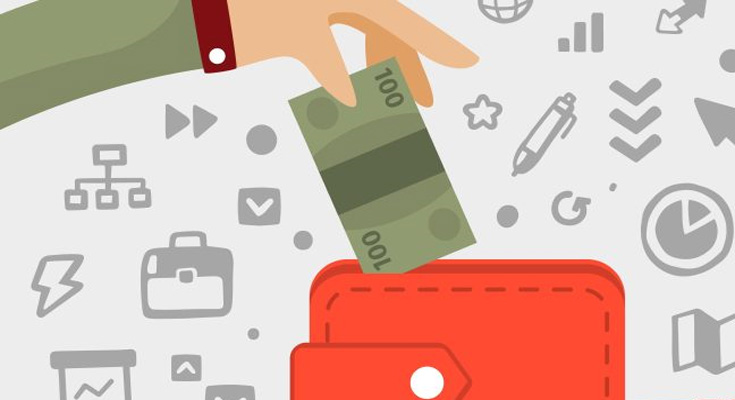
Small Business Loans – Startup Business Funding
Are you looking to get a small business loan with no money down? If so, then you’ll want to read this article. Specifically, we’ll discuss three ways how to get a startup business loan without paying a lot of interest. After reading this article, you should be able to decide on the best loan option for your startup needs.
SBA Loans
If you’re looking to get a startup loan with no money down, one way is with SBA loans and other federal loans like the SBA microloans. That is not to suggest though that you can’t get startup funding without using these loans, you just need to think a bit creatively. For startup funding, consider crowdsourcing for venture capital or peer-to Peer personal loans that you can apply for without collateral. There are also a variety of non-traditional lenders out there who may offer startup financing. You may also look …
Small Business Loans – Startup Business Funding Read More


